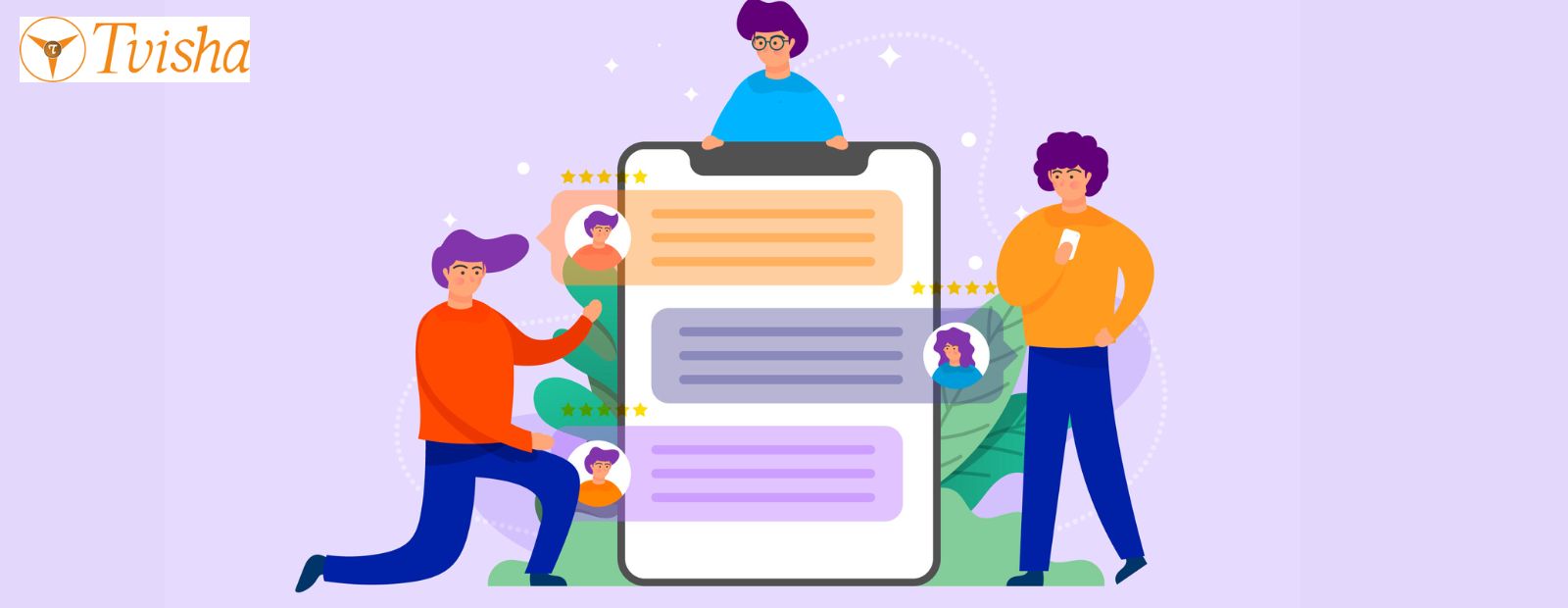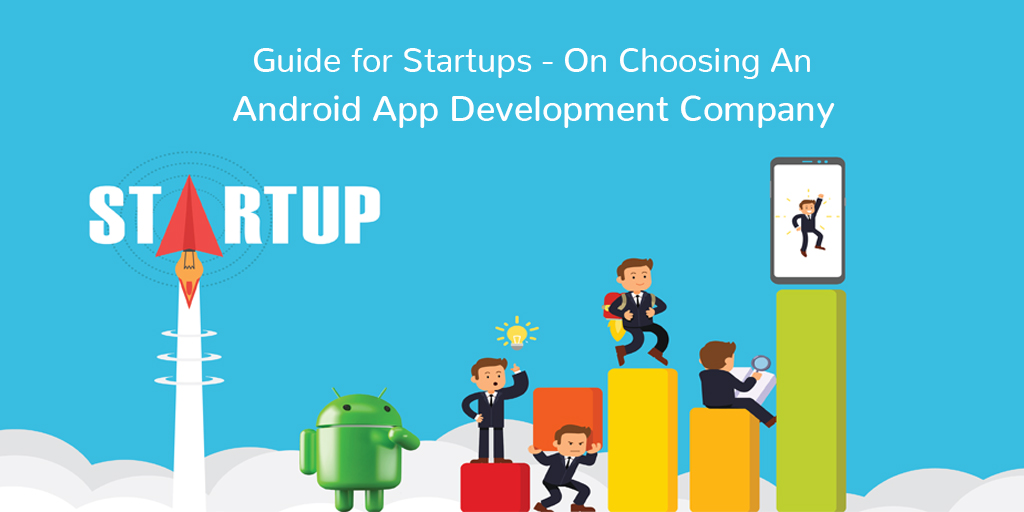
Mobile Applications : A Lazy Man’s Ease
Technology has revolutionized the way we live, work, and play. We can pause live soccer matches and resume them at our convenience. Advertisements can be fast-forwarded, allowing us to maintain our focus on what truly matters. This convenience extends to our mobile devices, where countless applications promise to make our lives easier and more efficient. With just a few taps or swipes, we can order food, shop for clothes, or even connect with loved ones around the globe. However, amidst this rapid evolution, we must examine the less glamorous side of mobile applications: their potential to make us lazy and overly reliant on technology.
The Rise of Mobile Applications
Mobile applications have become a staple in our daily lives, largely due to their accessibility and versatility. A simple search on the App Store or Google Play reveals thousands of applications designed for various needs and preferences. From online ordering apps that eliminate the need for voice communication to entertainment platforms that allow us to binge-watch shows at our own pace, the convenience of these tools is undeniable.
But while they make our lives easier, they also promote a sedentary lifestyle. A few decades ago, if we wanted entertainment, we would physically go to a store, browse records, and purchase them. Now, we can access an endless library of media with a mere swipe. This shift from physical interaction to digital convenience has made our lives significantly easier, but it also raises questions about our activity levels and engagement with the world around us.
Convenience and Inactivity: A Growing Trend
With the advent of mobile apps, we no longer need to exert physical effort to engage in various activities. Whether it’s ordering food, shopping, or accessing entertainment, everything is just a click away. This trend has fostered a culture of convenience that, while beneficial, often leads to inactivity and a decrease in personal engagement.
Online Ordering Apps: The rise of online food delivery apps has made dining out almost obsolete for many. With a few taps, you can select your favorite dishes from five-star-rated restaurants and have them delivered right to your doorstep. This convenience means you can enjoy gourmet meals without ever leaving your couch. However, this reliance on delivery services can discourage cooking at home or going out to enjoy a meal with friends and family.
Entertainment at Our Fingertips: Streaming services and entertainment apps have completely changed how we consume media. No longer do we need to visit rental stores or wait for scheduled programming. With mobile applications, we have access to a plethora of shows, movies, and music at our convenience. While this is fantastic for enjoying our favorite content, it often leads to binge-watching sessions that keep us glued to our screens for hours on end, contributing to a more sedentary lifestyle.
The All-in-One App Experience
Today's mobile applications are not limited to specific functions; they often combine multiple services into one platform. For example, shopping apps can aggregate products from various stores, allowing users to compare prices and features without leaving their homes. This convenience means we can fulfill our shopping needs without ever stepping foot outside, which, while efficient, can also lead to isolation and reduced physical activity.
Imagine needing a dress for an upcoming party. In the past, you would have to spend time visiting multiple stores to find the perfect outfit. Now, with a few taps on your mobile device, you can browse countless online stores, read reviews, and make a purchase—all from the comfort of your home. While this saves time, it also eliminates the social interactions and physical activity that come with traditional shopping.
Staying Connected—But at What Cost?
Mobile applications also provide a way to maintain connections with loved ones, which is especially important in today’s fast-paced, often disconnected world. Social media platforms and messaging apps allow us to keep in touch with friends and family, no matter the distance. However, the ease of virtual communication can also diminish the quality of our relationships.
When we rely on text messages and video calls instead of face-to-face interactions, we miss out on the nuances of real communication. The depth of a conversation often gets lost in translation when it occurs through a screen. Additionally, the ease of staying connected can lead to over-reliance on technology to maintain relationships, causing us to neglect in-person interactions that enrich our lives.
The Implications of a Lazy Lifestyle
As we become more dependent on mobile applications for everyday tasks, we risk developing a lifestyle that prioritizes convenience over activity. This shift can have several implications:
-
Health Concerns: A sedentary lifestyle is linked to numerous health issues, including obesity, heart disease, and mental health problems. When our activities are largely conducted from the comfort of our homes, we miss opportunities for physical exercise and social interaction, both crucial for maintaining a healthy lifestyle.
-
Social Isolation: While technology connects us, it can also isolate us. Over-reliance on virtual communication can lead to feelings of loneliness and disconnection from the real world. The ease of digital interaction may cause us to neglect meaningful relationships and experiences that can only be gained through face-to-face communication.
-
Loss of Skills: As mobile applications take over daily tasks, we may lose essential skills such as cooking, navigation, or even basic social interactions. When we rely on apps to handle everything, we miss out on developing our abilities and learning new things.
-
Consumerism and Impulse Spending: With easy access to shopping apps, we may find ourselves spending more money than we intended. The convenience of one-click purchases can lead to impulsive buying habits, resulting in clutter and financial strain.
A Balanced Approach to Mobile App Usage
While mobile applications undoubtedly make our lives easier, it's crucial to strike a balance between convenience and activity. Here are some tips to ensure that you’re using technology in a way that enhances rather than detracts from your life:
-
Set Boundaries: Designate specific times for using apps, especially for entertainment and shopping. This can help reduce the time spent in front of screens and encourage other activities.
-
Incorporate Physical Activity: Use apps that promote physical health, such as fitness trackers or workout guides. Consider walking or biking to local stores instead of relying on delivery apps.
-
Engage in Real-Life Interactions: Make a conscious effort to prioritize in-person relationships. Schedule regular meet-ups with friends and family to strengthen your connections.
-
Limit Screen Time: Set daily limits on your mobile device usage, especially for entertainment apps. This will encourage you to seek other forms of entertainment and engagement.
-
Be Mindful of App Choices: Choose apps that promote productivity, creativity, or learning rather than just convenience. For example, consider educational apps that teach new skills or hobbies.
The Role of Mobile Application Development Companies
As we navigate this landscape of convenience and potential laziness, the role of mobile application development companies becomes increasingly vital. These companies have the responsibility to create applications that not only serve user needs but also promote healthy habits and engagement.
Creating Responsible Apps
Enterprise app development companies should focus on the following principles:
-
User-Centric Design: Apps should be designed with user well-being in mind, encouraging positive behaviors and limiting over-reliance on technology.
-
Gamification of Activities: Incorporating game-like elements into apps can motivate users to engage in physical activities or social interactions, making these tasks more enjoyable.
-
Promoting Balanced Usage: Features that remind users to take breaks or limit usage can foster a healthier relationship with technology.
-
Encouraging Real-Life Interactions: Apps that facilitate offline meetups or activities can help bridge the gap between virtual and real-life experiences.
Conclusion
Mobile applications have undoubtedly transformed our lives, providing unparalleled convenience and ease of access. However, as we embrace these technologies, we must remain vigilant about their potential to foster laziness and inactivity. By being mindful of our app usage and choosing applications that promote healthy habits, we can enjoy the benefits of technology without sacrificing our physical health and social connections. As mobile application development companies continue to innovate, their focus should remain on creating responsible, user-friendly applications that enhance our lives while encouraging engagement with the world around us. In doing so, we can navigate the digital landscape without losing sight of what it means to truly live.

















 Whatsapp
Whatsapp
 Email
Email


